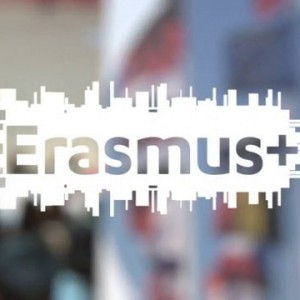For the next generation of the Erasmus+ programme, one of Parliament’s main objectives is that more young people take part in the different learning mobility schemes. It therefore proposes a detailed set of measures to lift all economic, social and cultural barriers.
National strategies to foster participation of people with fewer opportunities
To better adapt the programme to the needs of disadvantaged people and increase their participation, MEPs proposed that the European Commission and national Erasmus agencies draft a European inclusion framework and develop national inclusion strategies. They could foresee measures to provide more financial support for mobility, adjust monthly grants and regularly review living and subsistence costs. Other special support should include language training, administrative support and e-learning opportunities.
New Erasmus actions
MEPs also re-allocate the budget to different parts of the programme to reflect these priorities, offering pre-school and early education staff, young athletes and sport coaches the option to participate in mobility schemes. Vocational education exchanges, especially in border regions will also be a priority in the new programme and have a bigger budget.
Next steps
The final text must be negotiated and agreed with the Council under the next parliamentary term.







Leave a Reply